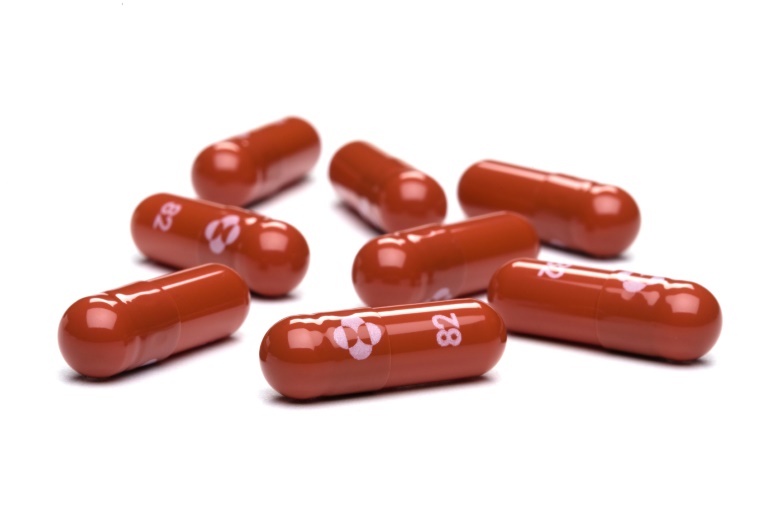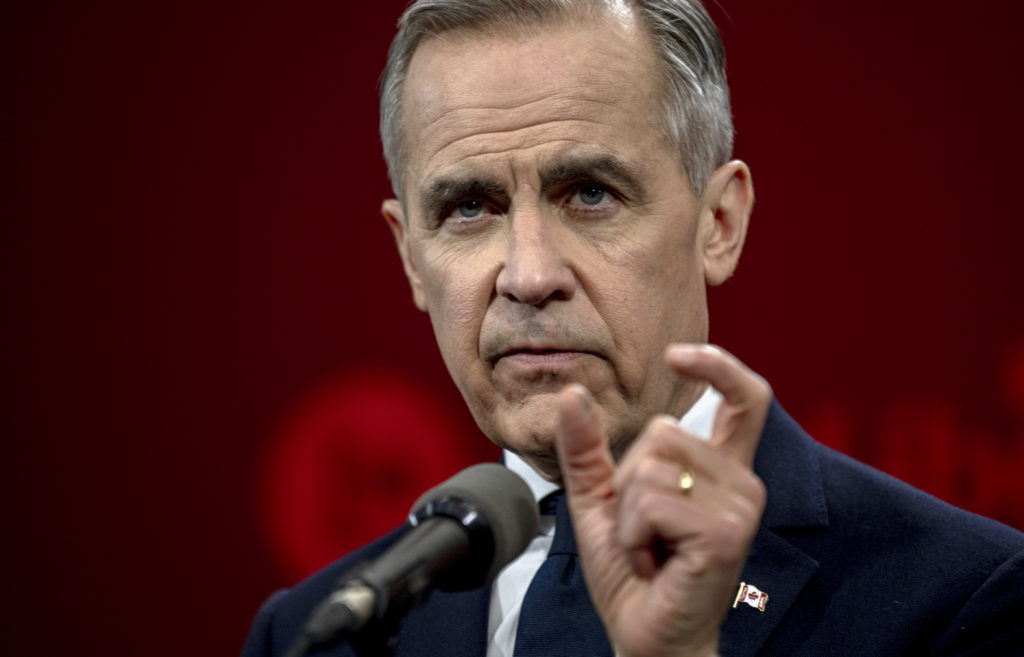A panel of health experts appointed by the US government will meet Tuesday to decide whether to endorse Merck’s pill to treat Covid-19, potentially paving the way for the medicine to be available within weeks.
Molnupiravir, already authorized in Great Britain, has been shown to reduce the rate of hospitalizations and deaths among high-risk Covid patients when taken soon after infection, according to a clinical trial.
But the Food and Drug Administration (FDA), which convened Tuesday’s meeting and will have the final say on granting an emergency use authorization (EUA) after the committee takes a non-binding vote, has raised some cautionary notes.
Among these are the potential harmful effects on fetal development, which were seen in studies on rats and rabbits, and will mean pregnant women will either be advised against the pill or ineligible to receive it.
Children are also ineligible, and the FDA doesn’t plan to carry out pediatric trials until safety is established in juvenile rats.
The meeting is taking place after Merck, known as MSD outside the United States and Canada, significantly downgraded the pill’s efficacy results in preventing severe Covid-19 in at-risk people from 50 percent to just 30 percent.
The new figure, released last week, was based on an analysis of more than 1,400 patients, while the earlier, interim statistic was based on results from around half that number.
Monoclonal antibody treatments, which are injected, have been shown to reduce the risk of severe Covid-19 in high-risk patients by 70 percent.
But uptake is expected to be higher with oral antivirals once they become readily available in pharmacies after a prescription.
Merck’s pill is taken as four capsules, twice a day, over five days — for a total of 40 pills.
It was found to be safe in its clinical trial, with adverse events occurring more frequently in the placebo group.
Molnupiravir, which was developed in partnership with Ridgeback Biotherapeutics, works by introducing mutations into the genetic material of the coronavirus, inhibiting its ability to replicate.
It might be more variant-proof than monoclonal antibodies or vaccines, because unlike them, it does not target the ever-mutating spike proteins that dot the surface of the virus.
But according to slides prepared by FDA scientists, this mechanism comes with certain risks, such as those to fetuses.
One worry is whether the mutations the pill introduces might lead to dangerous evolution of the virus itself.
This is “currently a theoretical concern,” the FDA said in its slides, with no worrying mutations seen so far.
Pfizer’s Covid-19 pill, which cut hospitalizations and deaths by nearly 90 percent, works differently: instead of causing mutations, it blocks an enzyme needed for viral replication.
The US government has committed to buying 3.1 million courses of molnupiravir for approximately $2.2 billion, with the option to purchase more.










